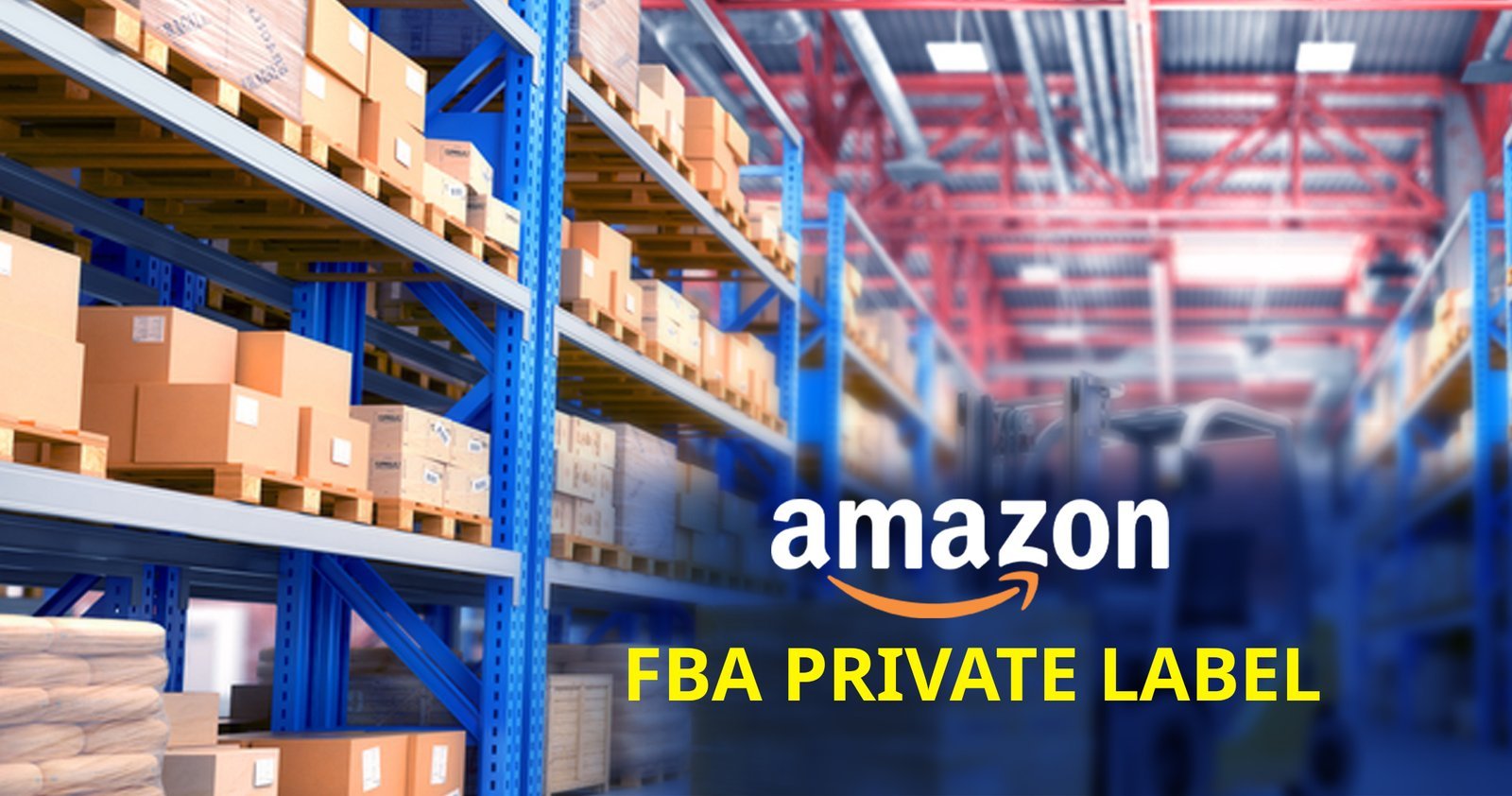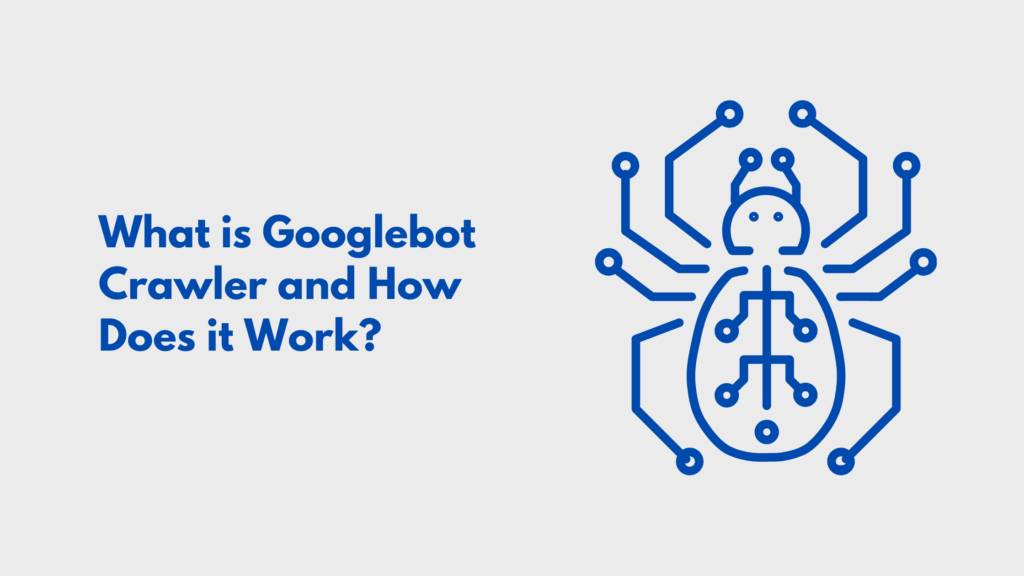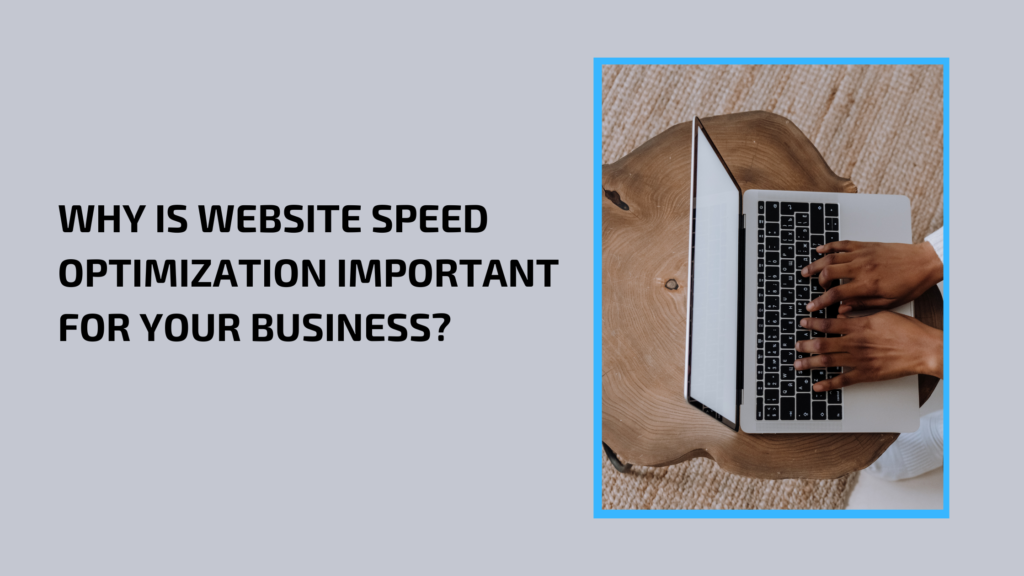Entrepreneurs can utilize the Amazon FBA private label model to craft their own branded merchandise and showcase them on the largest online marketplace. By taking advantage of Amazon’s fulfillment services, sellers can prioritize product development, marketing strategies, and business expansion.
Understanding the Amazon FBA Ecosystem
Amazon FBA (Fulfillment by Amazon) is a comprehensive service that handles product storage, packaging, shipping, and customer service on behalf of sellers. This streamlined process enables businesses to efficiently manage their operations and deliver exceptional customer experiences.
The Allure of Amazon FBA Private Label
There are several compelling reasons why Amazon FBA private label has become a popular business model:
- Higher Profit Margins: Compared to retail arbitrage or wholesale, private label products often offer significantly higher profit margins.
- Brand Building: Creating your own brand allows you to establish a unique identity and build customer loyalty.
- Long-Term Growth: A successful private label product can generate recurring revenue and provide a solid foundation for business expansion.
- Leveraging Amazon’s Reach: Amazon’s vast customer base and robust infrastructure can accelerate your business growth.
Amazon FBA Private Label Step by Step
1. Product Research
- Identify a Niche: Find a product category with high demand and low competition.
- Market Analysis: Use tools to analyze sales data, competition, and customer reviews.
- Profit Potential: Calculate potential profit margins based on estimated costs and selling price.
2. Product Development
- Product Design: Create a unique product design that appeals to your target audience.
- Packaging Design: Develop eye-catching packaging that reflects your brand identity.
- Supplier Selection: Find reliable manufacturers who can produce your product to your specifications.
- Sample Testing: Order samples to ensure product quality and meet your standards.
3. Brand Building
- Brand Identity: Create a strong brand name, logo, and story.
- Brand Messaging: Develop clear and consistent brand messaging.
- Brand Guidelines: Establish guidelines for visual identity and tone of voice.
4. Inventory Management
- Initial Order: Determine the optimal initial order quantity based on demand forecasts.
- Shipping and Storage: Arrange for product shipment to Amazon fulfillment centers.
- Inventory Tracking: Monitor inventory levels and reorder as needed.
5. Product Listing Optimization
- Keyword Research: Identify relevant keywords to optimize your product listing.
- Product Title: Create compelling and keyword-rich product titles.
- Product Descriptions: Write detailed and persuasive product descriptions.
- Product Images: Use high-quality images to showcase your product.
6. Pricing Strategy
- Competitive Analysis: Research competitor pricing to set your prices.
- Profit Margin: Determine your desired profit margin to set competitive prices.
- Dynamic Pricing: Consider using tools to adjust prices based on demand and competition.
7. Marketing and Advertising
- Amazon Advertising: Utilize Amazon’s advertising platforms (sponsored products, sponsored brands, sponsored display) to increase visibility.
- Social Media Marketing: Build a strong social media presence to engage with customers.
- Influencer Marketing: Collaborate with influencers to reach a wider audience.
- Email Marketing: Collect customer emails and build an email list for targeted promotions.
8. Sales and Customer Service
- Sales Monitoring: Track sales performance and identify trends.
- Customer Reviews: Respond to customer reviews promptly and professionally.
- Customer Support: Provide excellent customer service to build trust and loyalty.
9. Scaling Your Business
- Product Expansion: Consider launching additional products in your niche.
- Market Expansion: Explore opportunities to sell your products in new markets.
- Team Building: Hire additional staff to support business growth.
Is Amazon Private Label Profitable?
The short answer is: it can be very profitable. However, like any business, success depends on various factors.
Potential for High Profit Margins
- Direct Sourcing: By cutting out intermediaries, private label sellers often enjoy higher profit margins compared to retail arbitrage or wholesale.
- Price Control: You have more control over pricing, allowing you to optimize for profitability.
Factors Affecting Profitability
- Product Selection: Choosing a product with high demand and low competition is crucial.
- Supplier Costs: Negotiating favorable terms with suppliers can significantly impact profit margins.
- Marketing Expenses: Effective marketing is essential but can incur costs.
- Inventory Management: Avoiding stockouts or overstocking is vital for profitability.
- Amazon Fees: Understanding and managing Amazon’s fees is crucial for maximizing profits.
- Competition: Intense competition can impact pricing and profitability.
Real-world Examples
While specific numbers can vary widely, many successful Amazon FBA private label sellers report substantial profits. Some have built multi-million dollar businesses through this model.
However, it’s essential to approach Amazon private label with realistic expectations. It’s not a get-rich-quick scheme. Building a successful business takes time, effort, and investment.
To maximize your chances of profitability:
- Conduct thorough market research
- Carefully select a product with high potential
- Build a strong brand
- Optimize your product listings
- Implement effective marketing strategies
- Continuously monitor and analyze your performance
Overcoming Challenges in Amazon FBA Private Label
Building a thriving Amazon FBA private label business requires overcoming several challenges:
- Intense Competition: The Amazon marketplace is highly competitive, necessitating continuous optimization and innovation.
- Algorithm Changes: Stay updated on Amazon’s algorithm updates to maintain product visibility.
- Product Returns: Implement effective return policies and strategies to minimize financial impact.
- Seasonality: Adapt your product offerings and marketing campaigns to account for seasonal fluctuations.
The Digitevity Advantage
At Digitevity, we specialize in helping businesses achieve success on Amazon. Our comprehensive services include:
- In-depth product research and analysis
- Supplier sourcing and negotiation
- Product design and development
- Inventory management and optimization
- Compelling product listing creation
- Brand development and marketing strategy
- Amazon advertising and PPC management
- Ongoing account management and optimization
By partnering with Digitevity, you can leverage our expertise to accelerate your Amazon FBA private label journey and maximize your return on investment.
Amazon FBA private label offers a tremendous opportunity for entrepreneurs to build successful online businesses. With careful planning, strategic execution, and the right support, you can create a profitable and sustainable brand on Amazon.
Are you ready to unlock the potential of Amazon FBA private label? Contact Digitevity today for a consultation.
What is Amazon FBA Private Label?
Amazon FBA private label involves creating your own branded product, manufacturing it, and selling it on Amazon using Fulfillment by Amazon (FBA) to handle storage, shipping, and customer service.
What are the benefits of Amazon FBA Private Label?
Higher profit margins, full brand control, long-term potential, and leveraging Amazon’s infrastructure.
How is Amazon FBA Private Label different from retail arbitrage or wholesale?
Unlike retail arbitrage or wholesale, private label sellers own the brand and product, offering greater control and potential for higher profit margins.
How much does it cost to start an Amazon FBA Private Label business?
The cost varies based on product, inventory, marketing, and other factors. Expect a significant initial investment.
Do I need experience to start an Amazon FBA Private Label business?
While experience helps, many successful sellers started with little to no experience. Thorough research and learning are essential.
How do I find a reliable supplier for my private label product?
Research online directories, attend trade shows, and leverage platforms like Alibaba or Global Sources.
How do I find a profitable product for my private label business?
Conduct thorough market research, analyze competitor products, and use tools like Jungle Scout or Helium 10.
How important is product research in Amazon FBA Private Label?
Product research is crucial for identifying a product with high demand and low competition, which is essential for success.
How do I create a compelling product listing on Amazon?
Use high-quality images, detailed product descriptions, and relevant keywords. Optimize for search engines and customer engagement.
What is Amazon FBA, and how does it work?
FBA is a service where Amazon stores, packs, ships, and handles customer service for your products. You pay fees for these services.
How do I rank my products higher in Amazon search results?
Optimize product listings with relevant keywords, build a strong brand, and leverage Amazon advertising.





